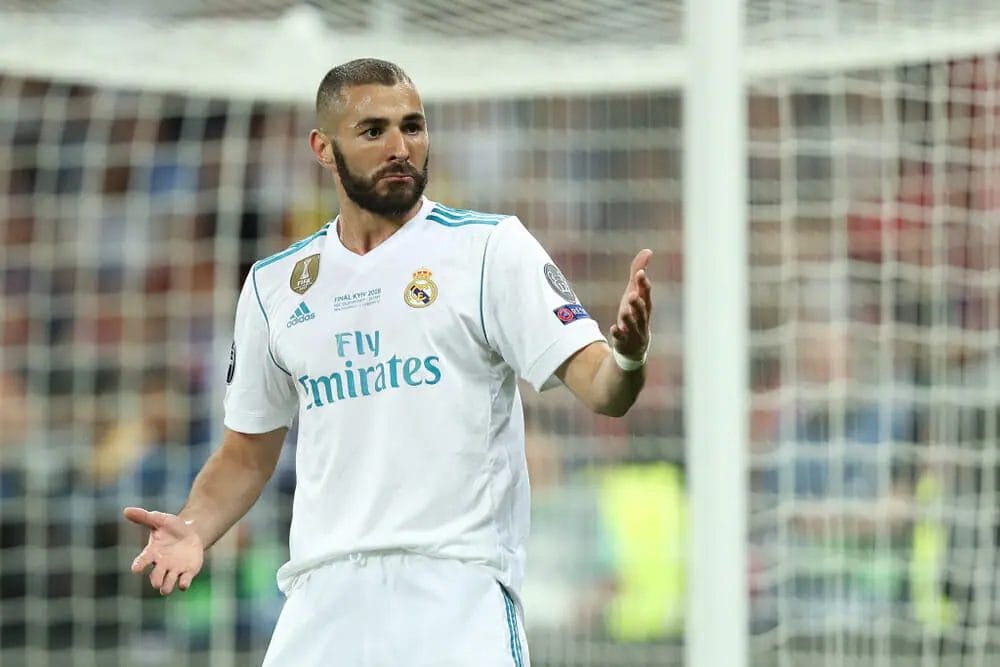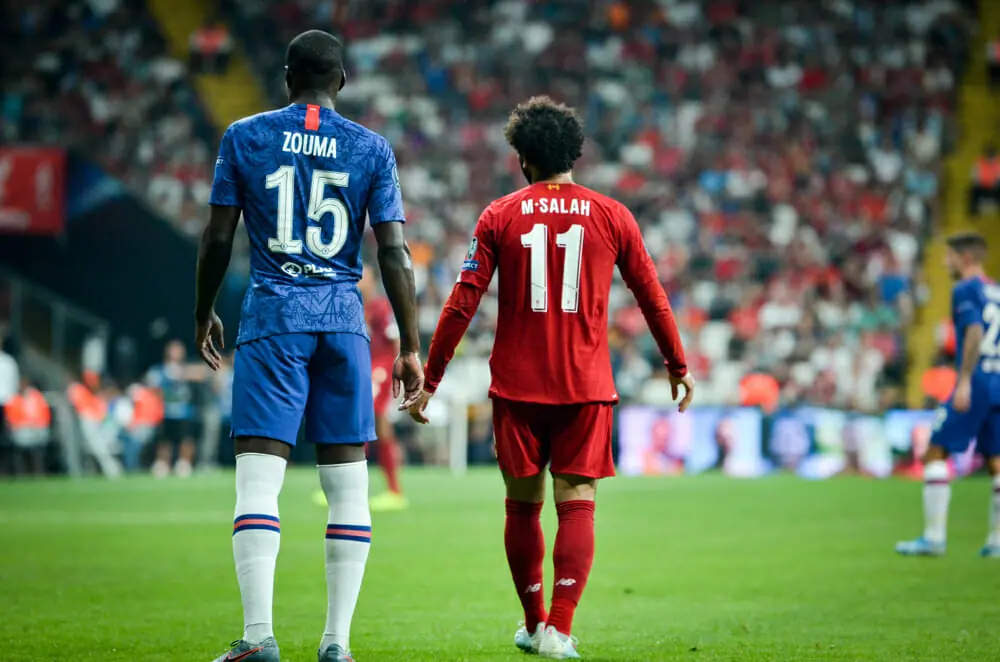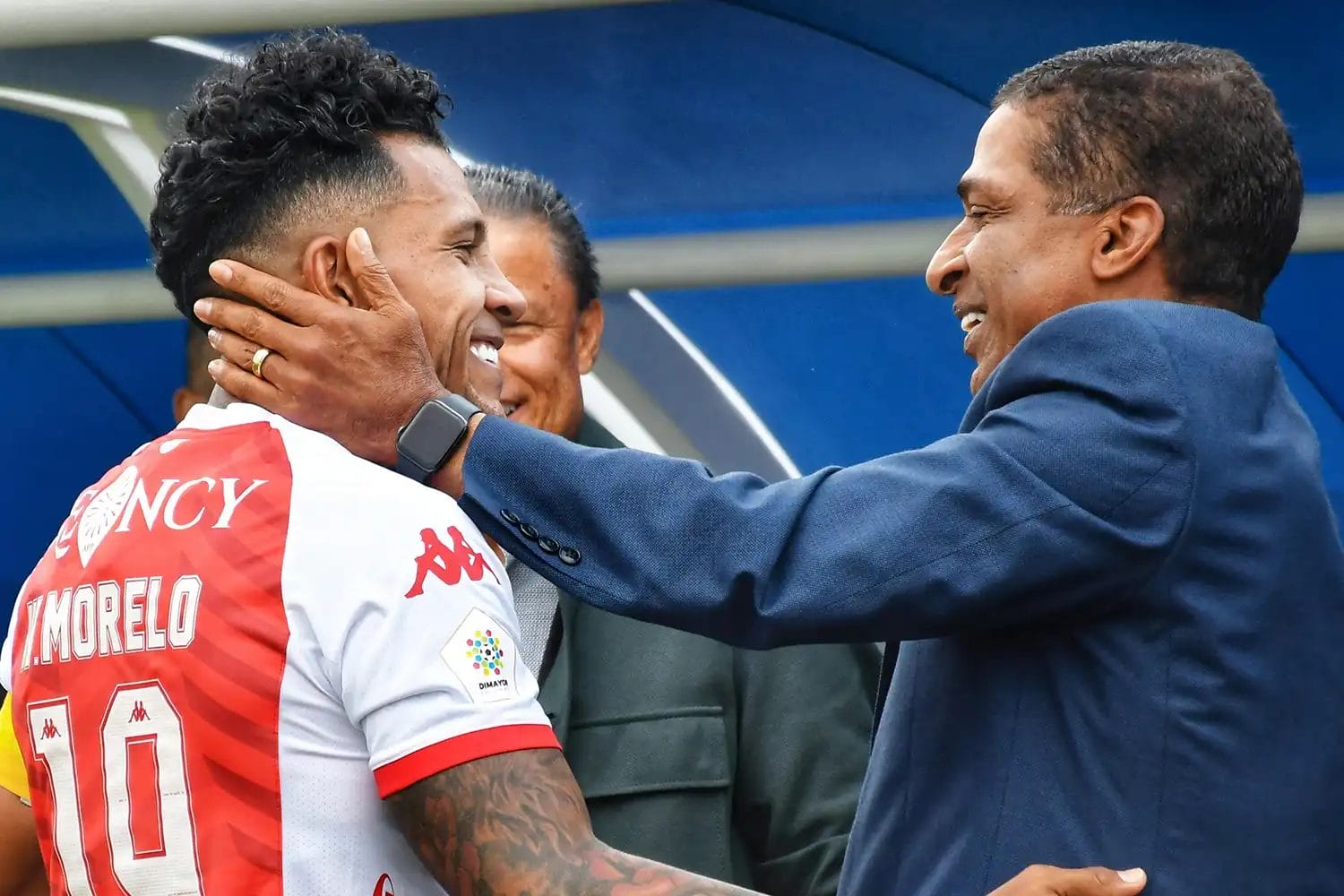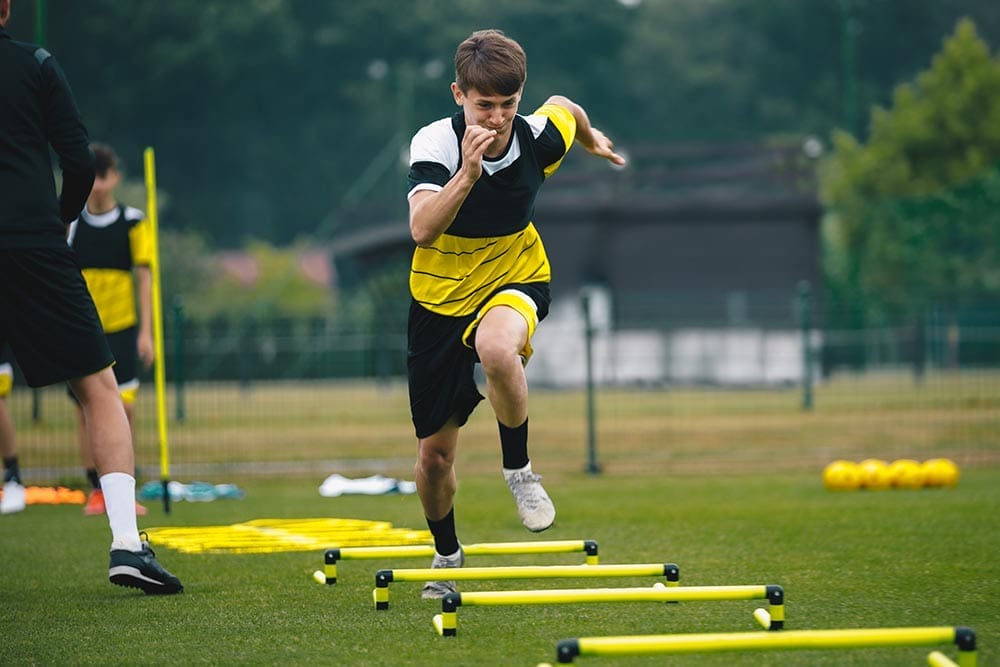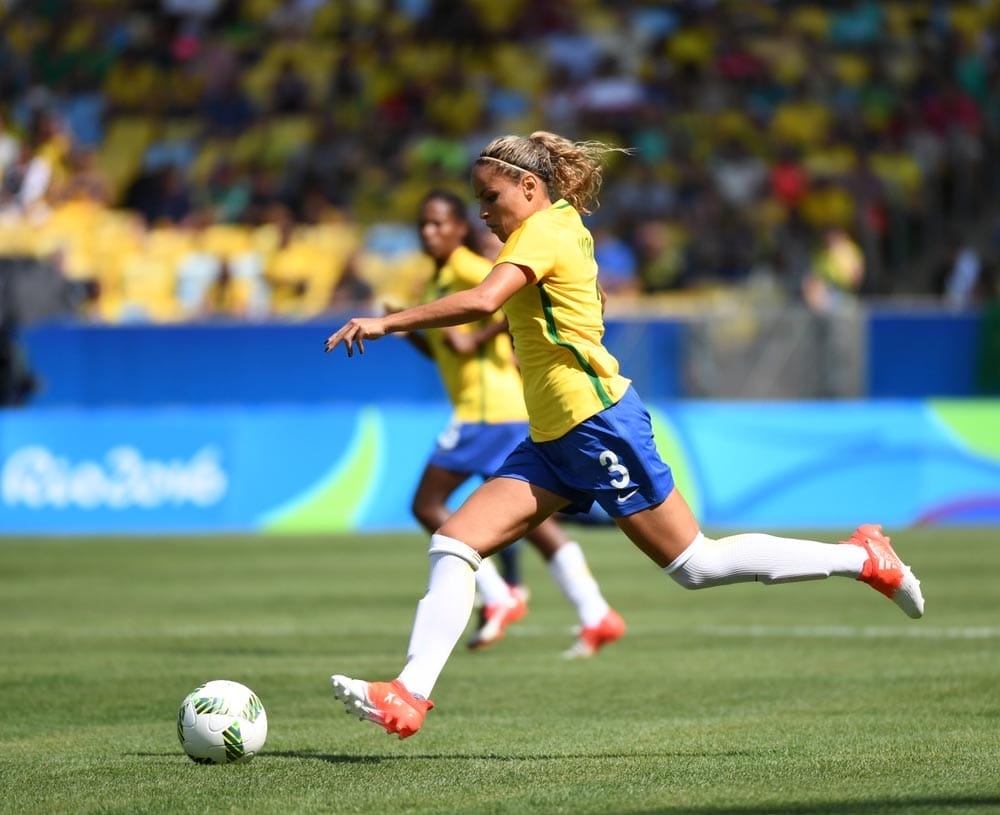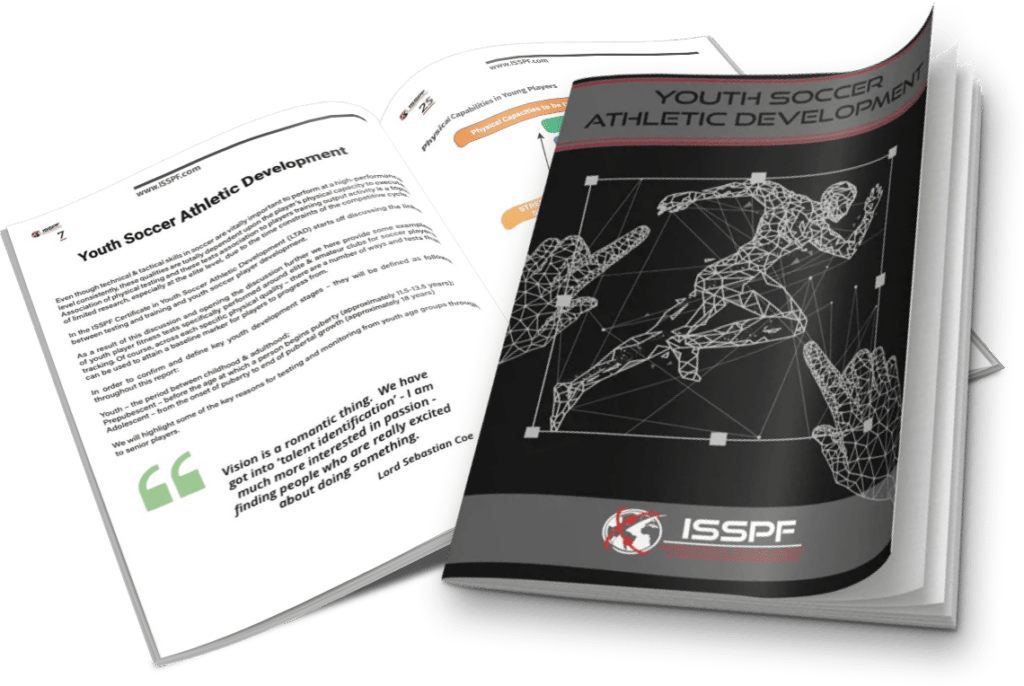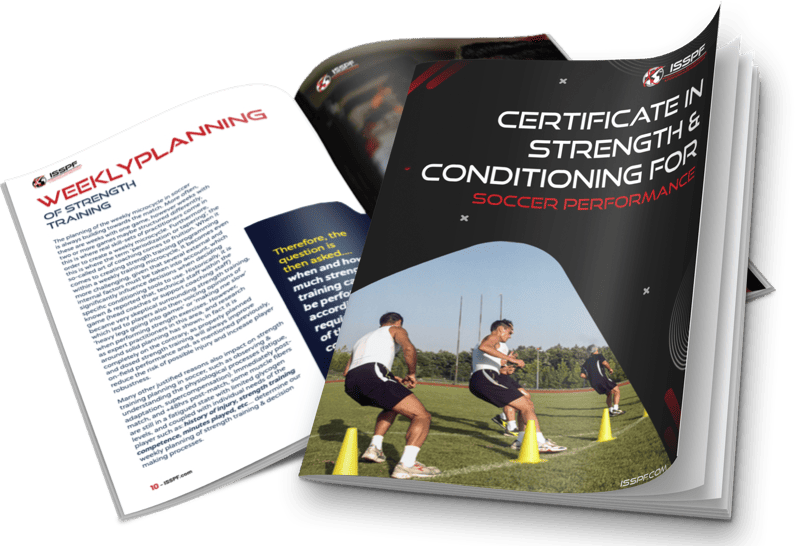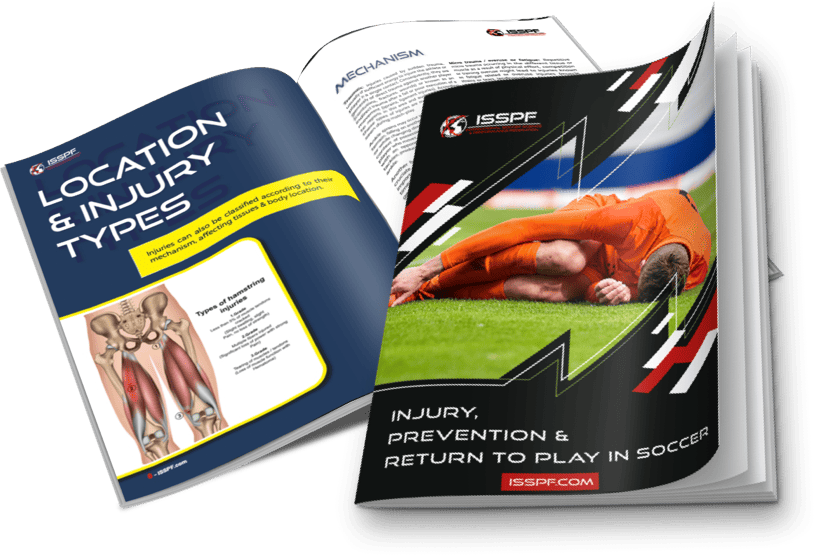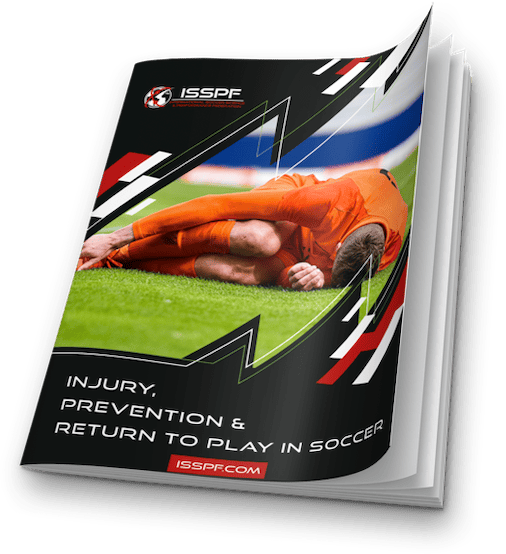During the ninth month of the Muslim year, strict fasting from sunrise to sunset is performed.
Within this period of Ramadan, Muslim athletes and soccer players are no different & also abstain from eating and drinking from dawn to sunset.
In May 2018 the UEFA Champions League Final contesting both CF Real Madrid & Liverpool FC coincided with the holy month of Ramadan.
The Liverpool team that season, contained Mohammed Salah, along with Liverpool teammates Sadio Mane and Emre Can, as well as Real Madrid’s Karim Benzema and Achraf Hakimi.
Some reports have discussed around this time the big decision these players will have had to make on whether to refrain completely from eating and drinking on the day of the final – and subsequently influence their personal performance strategies.
Case Study: Mohamed Salah
Mohamed Salah, who set a Premier League record number of goals during that season, had always been strict to adhere to the Ramadan period in his career.
However, in the 48hrs build-up to the UEFA Champions League Final 2018, it was suggested he cleverly added a level of flexibility with his nutritional strategies in order to fuel correctly for one of the world’s biggest competition whilst continue with the Ramadan process.
Although several studies & research have been conducted on athletes to determine the effects of Ramadan fasting in terms of physical preparation, fitness and performance.
There is little data or reports available regarding the knowledge, beliefs and attitudes of soccer players and performance coaching understanding towards Ramadan fasting during high-level competitions.
Do we as a coach or performance coach understand the issues our players might be facing during this Ramadan period?
Introducing Prof Karim Chamari
ISSPF faculty member, Professor Karim Chamari, is seen as one of the leading researchers & world-renowned experts in the area of Ramadan fasting in soccer and the effects of intermittent fasting, in general, has outlined some key thoughts to tackle this area.
Chamari and colleagues in this area of research & performance have professed how physical performance during a competitive 90-min soccer match among trained Muslim players was adversely affected by Ramadan fasting.
These findings were shown through a deterioration of physical performance as early as in the 1st half of match-play. These are huge implications not only for the individual player from a health & wellbeing perspective, but also performance and injury risk wise
Furthermore, researchers in the area of Ramadan fasting in soccer have also reported:
- Higher levels of fatigue late during match.
- Acute depletion of muscle glycogen to critical levels.
- Severe dehydration and physical fatigue.
Are Coaches Prepared for Ramadan?
The above-mentioned adaptations in soccer players drinking, sleep patterns, and energy/food reserves will probably impact not only the performance side in terms of training and match play, but additionally the recovery of the player or athlete post-training or games.
In fact, the recovery process of after training or games is highly variable and depends on several factors but are mainly related to glycogen, or energy reduction or depletion, sleep loss, and dehydration.
Are we prepared as a coach to assist them, advise them, understand their possible lack of energy, poor training and match performance levels, change in personality traits due to lack of food and fluid, and lack of sleep?
How do we alter their training routines or compensate for this phase in their careers to reduce the risk of injury? Do we manage their training load through this period?
What are the Issues?
One of the main components in athletic or soccer performance is the provision of proper fuelling and hydration techniques, so this becomes an issue to players during this Ramadan phase.
Available literature has suggested that Muslim soccer players participating through this period may face performance decrements as a result of:
- Changes in circadian or bodily rhythms
- Changes in sleep patterns
- Duration of sleep
- Reduction in blood glucose or energy levels
- Reduced daytime fluid intake and subsequent dehydration
- Injury
Tips for Athletes During Ramadan
Some leading researchers and practitioners have suggested that if compelled to play a competitive match during the month of Ramadan, it is important that players:
- Rehearse dietary fasted states throughout the normal training period rather than initiating on competition days.
- Playing a friendly match in a simulated Ramadan fasted state if more than 1-2 players in the squad following Ramadan. This allows the player to get accustomed both physiologically & psychologically.
- Pre-training & pre-match strategies such as mouth-rinsing – make the body think energy is available.
- Remember to educate your players, coaches and family members about the physiological and psychological effects of Ramadan fasting.
Summary: Effects of Ramadan in Soccer
Nutrition within the Ramadan phase of the year is such a massive topic that we’re only able to scratch the surface in this quick overview but hopefully it has stopped and made you think about the food consumption by your soccer players or football team during this religious & cultural period.
From this article, hopefully you may have an understanding of some of the fundamentals in this specialised area of Ramadan, and the key energy sources & potential processes required to perform or off-set the potential issues faced.
Nutrition is vital not just for performance on the pitch but also in the health & wellbeing of individuals, in addition to the recovery phases from training and competitive games during Ramadan.
In addition to the article overviewing some of the key questions in the area of football nutrition, for all you practitioners, students, coaches, medical staff, learners, soccer enthusiasts or even nutritionists wanting to engage more, or further your knowledge in team sport nutrition, click the link below to find out more around sports nutrition & soccer performance.
The ISSPF University endorsed & accredited sports nutrition online course is a blend of highly regarded academic experts & practitioners from around the globe exposing their practical experience & theoretical knowledge for the development of this specialist soccer specific area.
Accredited Soccer Nutrition Course
How This Course Will Improve You
- Understanding the key energy sources required to perform repeated high intensity & explosive movements within the intermittent nature of soccer is of paramount importance.
- Fueling to perform & recover from both training, and competitive games is very specific across a range of levels of the game.
- All practitioners and coaches can only benefit themselves and their players even further by having a more in-depth knowledge of nutrition;
- It may help us to reduce the risk for non-contact muscle injuries, through a better understanding of key timing of nutrients.
What Does This Course Cover?
Outline of the Foundation Certificate in Soccer Nutrition:
Module 1: Energy balance & body composition: basics of soccer physiology
Lecturer: Sam McHaffie (Science In Sport [SIS]) England
Topic: Sport Nutrition & Environmental
Module 2: Understanding Macro & Micro-nutrients
Lecturer: Dr. Eirini Manthou (Olympiakos) Greece
Topic: Sport Nutrition & Environmental
Module 3: Soccer health & wellness (vitamins, minerals)
Lecturer: Matthew Jones (West Ham United, Chelsea FC) England
Topic: Sport Nutrition & Environmental
Module 4: Fluid balance & soccer specific hydration
Lecturer: Virginia Santesteban (Real Sociedad CF) Spain
Topic: Sport Nutrition & Environmental
Module 5: Training, Match & Recovery Fueling – Soccer Nutrition to Perform
Lecturer: Dr. Adam Owen (Seattle Sounders FC) Wales
Topic: Sport Nutrition & Environmental
Module 6: Maximising nutrition through injury
Lecturer: Faisal Alshawa (Aspire, Qatar) Kuwait
Topic: Sport Nutrition & Environmental
Module 7: The role of nutrition for the female soccer player
Lecturer: Dr. Yasemin Batmaca (Besiktas) Turkey
Topic: Sport Nutrition & Environmental
Module 8: An introduction to nutritional supplementation and ergogenic aids
Lecturer: Matthew Jones (West Ham United, Chelsea FC) England
Topic: Sport Nutrition & Environmental
Accredited Soccer Nutrition Course
Share this article:
